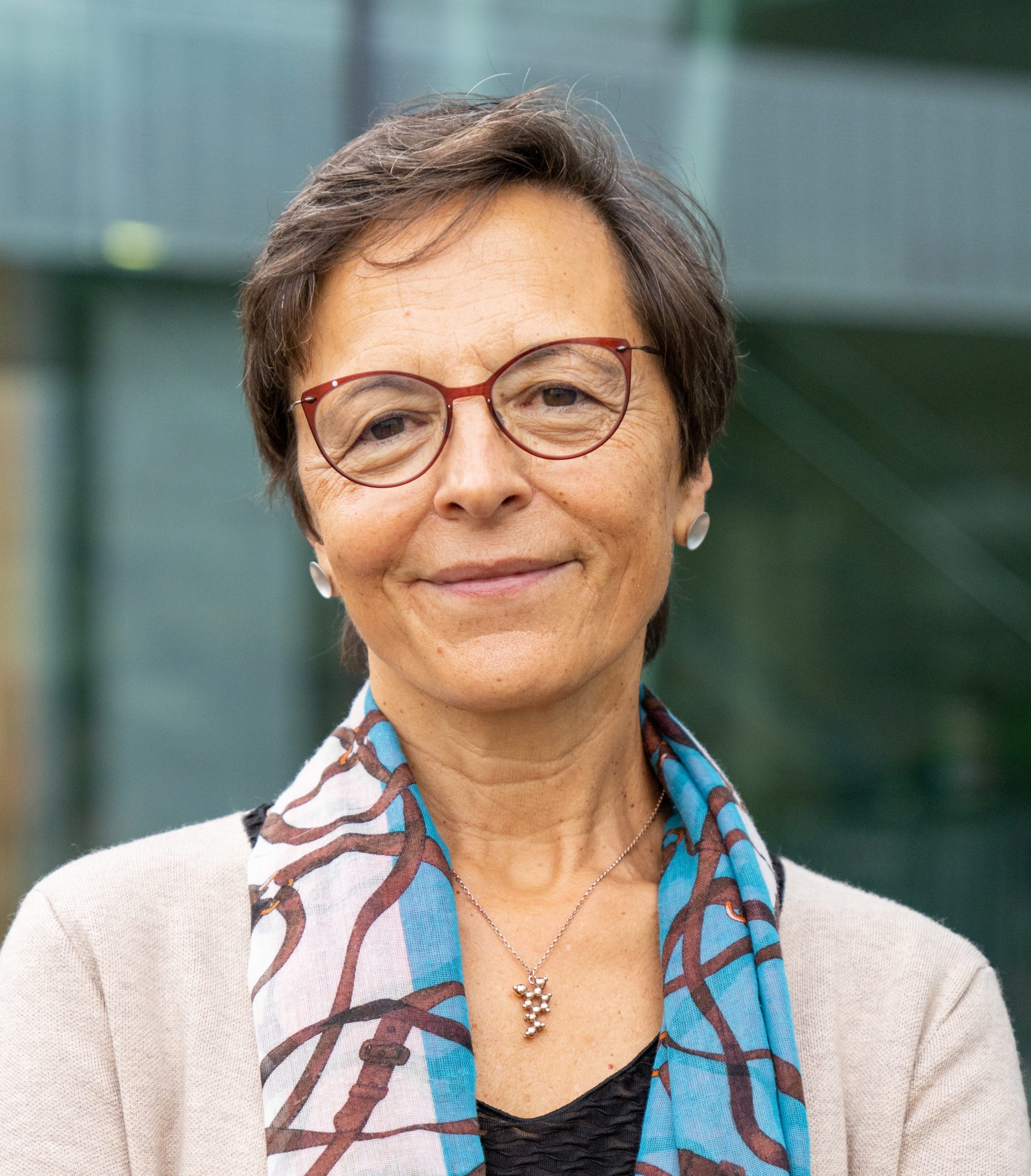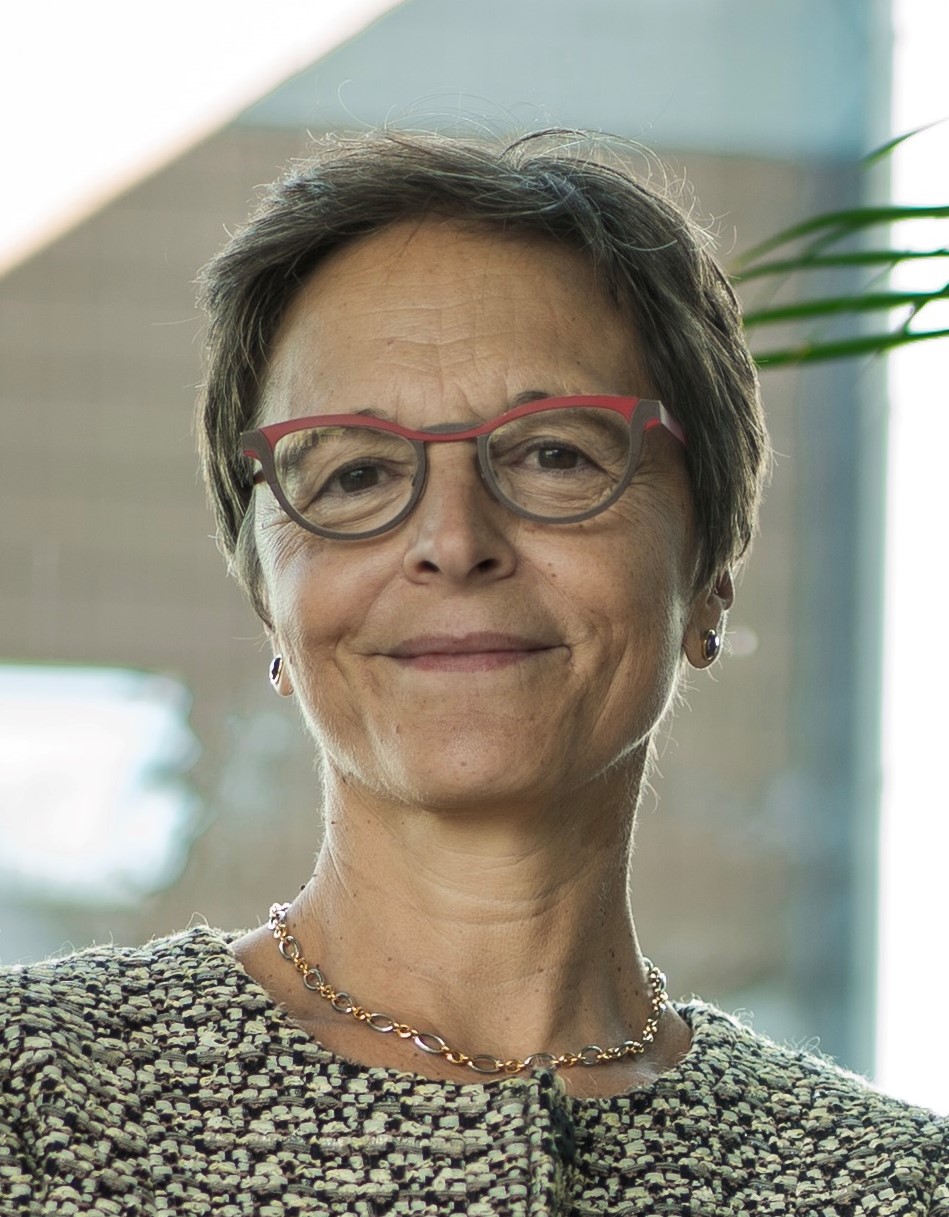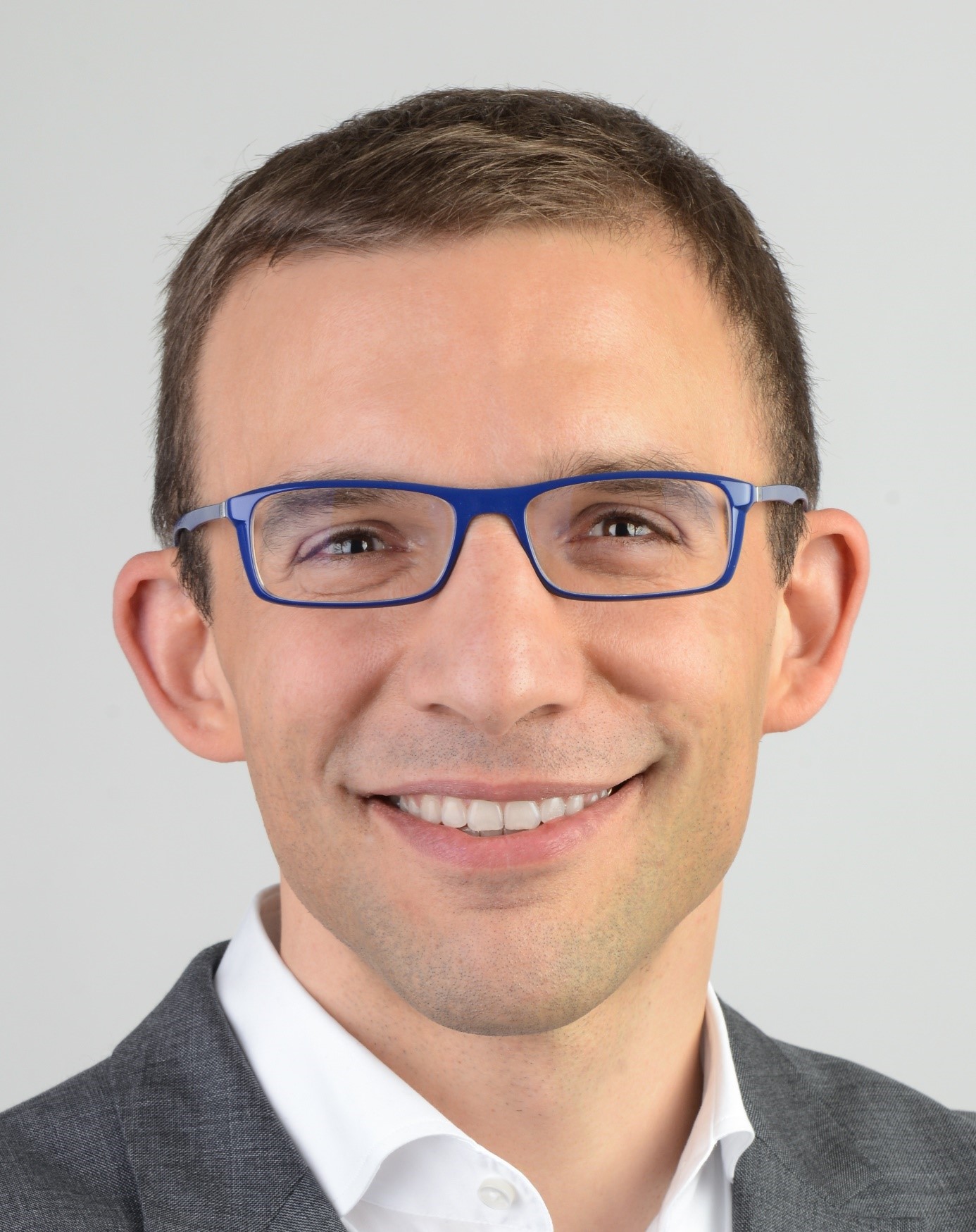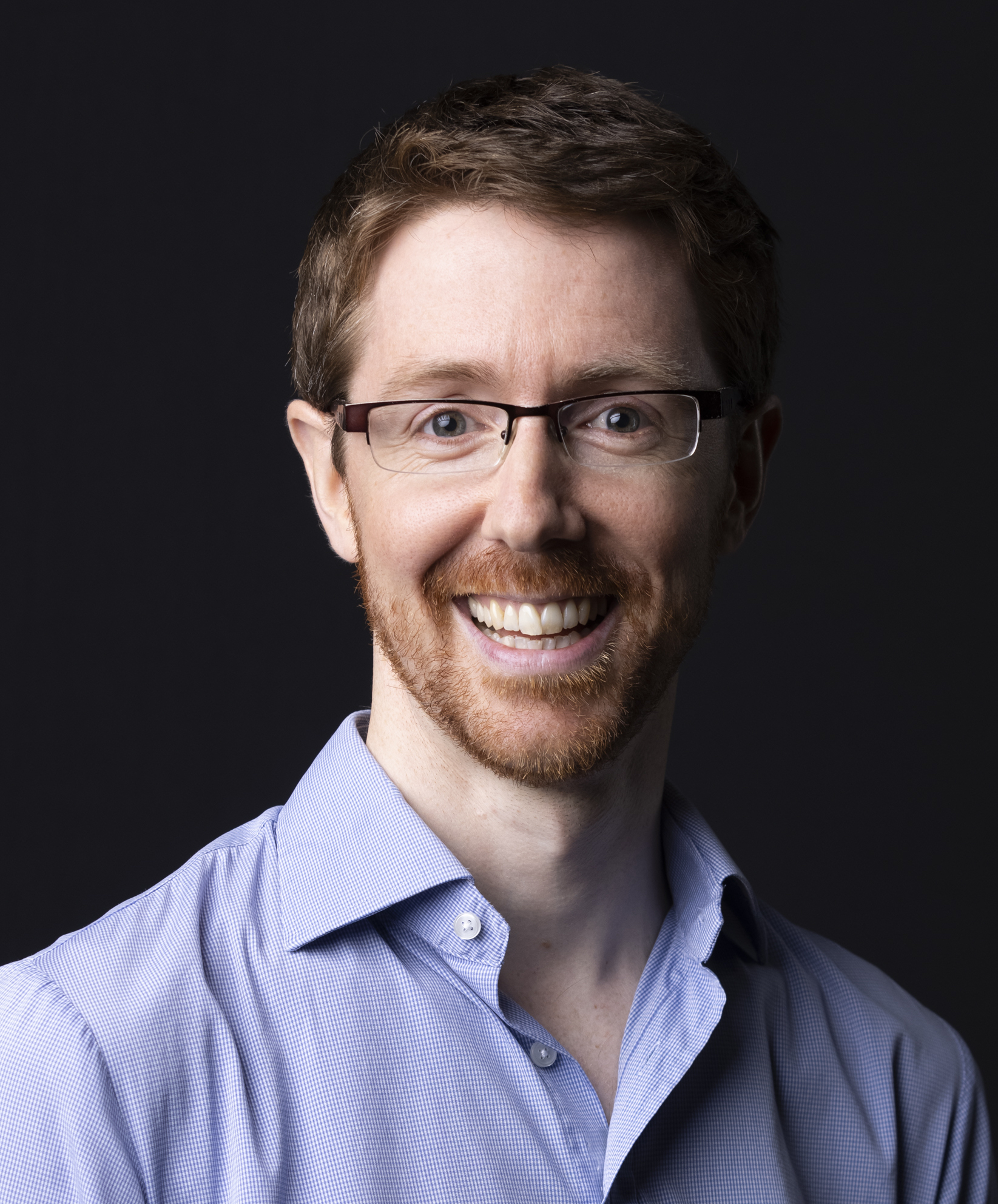Motivation is like the engine that drives our lives, and it plays a crucial role in achieving success and overall well-being. However, when we face stressful challenges in life, it can weaken our determination and ability to persist, which may lead to feelings of anxiety and depression.
Cartesan integrates the latest insights from neuroscience, metabolism, psychology, and psychiatry to create integrative interventions that enhance human motivation, reduce stress and anxiety, and support individuals in flourishing

Cartesan is a leading company that develops research and societal projects, as well as providing consulting services in behavior and mental health. With a special emphasis on motivation, stress, and anxiety, Cartesan aims to facilitate positive behavioral change when needed, empowering individuals to thrive.
Cartesan was founded in 2023 by Prof. Carmen Sandi who combines extensive expertise in the fields of mental health and neuroscience, including both clinical experience and more than 20 years of dedicated research at the Swiss Federal Institute of Technology Lausanne (EPFL)

Cartesan is a leading company that develops research and societal projects, as well as providing consulting services in behavior and mental health. With a special emphasis on motivation, stress, and anxiety, Cartesan aims to facilitate positive behavioral change when needed, empowering individuals to thrive.
Cartesan was founded in 2023 by Prof. Carmen Sandi who combines extensive expertise in the fields of mental health and neuroscience, including both clinical experience and more than 20 years of dedicated research at the Swiss Federal Institute of Technology Lausanne (EPFL)
Who we are?
Prof. Carmen Sandi, PhD – Founder and Director

Carmen is a Professor at the Swiss Federal Institute of Technology Lausanne (EPFL), specializing in neuroscience and metabolism. As a qualified psychologist with clinical experience in mental health, she brings a unique perspective to her research.
Her work has significantly contributed to our understanding of how stress impacts the brain and behavior and why some individuals are more vulnerable to stress while others demonstrate remarkable resilience. Carmen investigates biological and cognitive mechanisms regulating behavior, and develops practical interventions that encompass behavioral and nutritional approaches to alleviate conditions of stress, anxiety and low motivation or depression.
With over 260 published articles and several books, Carmen’s achievements in the field have received widespread recognition and multiple awards. Among other positions, she is co-founder and chair of the Swiss Stress Network and served as the Director of the EPFL-Brain Mind Institute and co-Director of the Swiss Center for Competence in Research Synapsy. Throughout her career, she has also held influential leadership roles in organizations such as the Federation of European Neuroscience Societies (FENS), the European Brain and Behavior Society (EBBS), the Cajal Advanced Neuroscience Training Program, and the ALBA Network.
Founder

Prof. Dr. Carmen Sandi
Laboratory of Behavioral Genetics, Brain Mind Institute, EPFL, Switzerland
Carmen Sandi is a professor of neuroscience at the Brain Mind Institute at the Ecole Polytechnique Fédérale de Lausanne (EPFL). Her work explores the impact and neurobiological mechanisms whereby stress and personality affect brain function and behavior, with a focus on motivation and the social domain.
Scientific Advisory Board
All made possible by a team of leading scientists
We draw strength from the expertise of a diverse and accomplished team of scientific and clinical advisors. Our advisors are at the forefront of various fields, including neuroscience, psychiatry, metabolism, psychobiology, pharmaceuticals, molecular biology, nutrition, and human clinical research, offering us invaluable guidance and insights.
Prof. Monica Di Luca, PhD - Scientific Advisor

Monica Di Luca has been professor of Pharmacology at the University of Milano since 1999. She is at present the Director of Department of Excellence of Pharmacological and Biomolecular Sciences of University of Milano. She is a member of EMBO and has received major international distinctions and awards. Her research interest is related to synaptic plasticity both in physiological and pathological conditions, with the aim to apply her basic findings to the cure of neurodegenerative diseases. Her discoveries enriched the understanding of glutamatergic synapse, increasing our knowledge on plasticity and memory and leading to new tools for neuroprotection. A prominent trait of Monica Di Luca's career is her deep involvement in sharing ideas over borders and establishing collaborative multi stakeholder networks merging scientists, clinicians and patients’ organizations. She has played a pivotal role in international organizations for neuroscience research in connection with societal challenges also serving as a member of Council of several national and international scientific organizations.
Prof. Stefan Kaiser, PhD - Scientific Advisor

Stefan Kaiser is head of the adult psychiatry division and director of the department of psychiatry at the Geneva University Hospitals, Switzerland. He is professor of psychiatry at the University of Geneva.
He has trained in psychiatry and psychotherapy at the University Hospital Heidelberg, Germany. From 2009 to 2017, he worked at the Psychiatric University Hospital in Zurich, Switzerland, as an attending psychiatrist and then senior attending psychiatrist responsible for the centers for acute psychiatric disorders and social psychiatry. In 2017, he moved to Geneva.
His scientific work is focused on schizophrenia and other psychotic disorders, in particular the motivational impairment that accompanies these disorders and that is associated with dysfunctions of the brain reward system. This research employs a multi-level approach including clinical psychopathology, behavioral experiments and functional neuroimaging as well as meta-analytic methods.
Prof. Martin Picard, PhD - Scientific Advisor

Martin Picard directs the Mitochondrial Psychobiology Group at Columbia University Irving Medical Center in New York, USA. His team has developed laboratory approaches to study the mind-mitochondria connection in humans, to map the diversity of mitochondria across the brain and body, and to longitudinally examine the link between energy expenditure and lifespan. His group aims to link molecular processes within mitochondria with the human experience, by investigating communication mechanisms from organelle-to-organism. Investigators and trainees in Dr. Picard’s translational research program combine clinical, cellular, and computational approaches to understand how energetic processes and perturbations within mitochondria influence key brain-body processes that influence aging biology and sustain human health.

Monica Di Luca has been professor of Pharmacology at the University of Milano since 1999. She is at present the Director of Department of Excellence of Pharmacological and Biomolecular Sciences of University of Milano. She is a member of EMBO and has received major international distinctions and awards. Her research interest is related to synaptic plasticity both in physiological and pathological conditions, with the aim to apply her basic findings to the cure of neurodegenerative diseases. Her discoveries enriched the understanding of glutamatergic synapse, increasing our knowledge on plasticity and memory and leading to new tools for neuroprotection. A prominent trait of Monica Di Luca's career is her deep involvement in sharing ideas over borders and establishing collaborative multi stakeholder networks merging scientists, clinicians and patients’ organizations. She has played a pivotal role in international organizations for neuroscience research in connection with societal challenges also serving as a member of Council of several national and international scientific organizations.
Prof. Dr. Monica Di Luca
Department of Excellence of Pharmacological and Biomolecular Sciences, University of Milano, Italy
Monica Di Luca has been professor of Pharmacology at the University of Milano since 1999. She is at present the Director of Department of Excellence of Pharmacological and Biomolecular Sciences of University of Milano. She is a member of EMBO and has received major international distinctions and awards. Her research interest is related to synaptic plasticity both in physiological and pathological conditions, with the aim to apply her basic findings to the cure of neurodegenerative diseases. Her discoveries enriched the understanding of glutamatergic synapse, increasing our knowledge on plasticity and memory and leading to new tools for neuroprotection. A prominent trait of Monica Di Luca's career is her deep involvement in sharing ideas over borders and establishing collaborative multi stakeholder networks merging scientists, clinicians and patients’ organizations. She has played a pivotal role in international organizations for neuroscience research in connection with societal challenges also serving as a member of Council of several national and international scientific organizations.

Stephan Kaiser is head of the adult psychiatry division and director of the department of psychiatry at the Geneva University Hospitals, Switzerland. He is professor of psychiatry at the University of Geneva. He has trained in psychiatry and psychotherapy at the University Hospital Heidelberg, Germany. From 2009 to 2017, he worked at the Psychiatric University Hospital in Zurich, Switzerland, as an attending psychiatrist and then senior attending psychiatrist responsible for the centers for acute psychiatric disorders and social psychiatry. In 2017, he moved to Geneva. His scientific work is focused on schizophrenia and other psychotic disorders, in particular the motivational impairment that accompanies these disorders and that is associated with dysfunctions of the brain reward system. This research employs a multi-level approach including clinical psychopathology, behavioral experiments and functional neuroimaging as well as meta-analytic methods.
Prof. Dr. Stephan Kaiser
Department of Mental Health and Psychiatry, University of Geneva, Switzerland
Stephan Kaiser is head of the adult psychiatry division and director of the department of psychiatry at the Geneva University Hospitals, Switzerland. He is professor of psychiatry at the University of Geneva. He has trained in psychiatry and psychotherapy at the University Hospital Heidelberg, Germany. From 2009 to 2017, he worked at the Psychiatric University Hospital in Zurich, Switzerland, as an attending psychiatrist and then senior attending psychiatrist responsible for the centers for acute psychiatric disorders and social psychiatry. In 2017, he moved to Geneva. His scientific work is focused on schizophrenia and other psychotic disorders, in particular the motivational impairment that accompanies these disorders and that is associated with dysfunctions of the brain reward system. This research employs a multi-level approach including clinical psychopathology, behavioral experiments and functional neuroimaging as well as meta-analytic methods.

Martin Picard, PhD directs the Mitochondrial Psychobiology Group at Columbia University Irving Medical Center in New York, USA. His team has developed laboratory approaches to study the mind-mitochondria connection in humans, to map the diversity of mitochondria across the brain and body, and to longitudinally examine the link between energy expenditure and lifespan. His group aims to link molecular processes within mitochondria with the human experience, by investigating communication mechanisms from organelle-to-organism. Investigators and trainees in Dr. Picard’s translational research program combine clinical, cellular, and computational approaches to understand how energetic processes and perturbations within mitochondria influence key brain-body processes that influence aging biology and sustain human health.
Prof. Dr. Martin Picard
Mitochondrial PsychoBiology Laboratory, Columbia University Irving Medical Center, New York USA
Martin Picard, PhD directs the Mitochondrial Psychobiology Group at Columbia University Irving Medical Center in New York, USA. His team has developed laboratory approaches to study the mind-mitochondria connection in humans, to map the diversity of mitochondria across the brain and body, and to longitudinally examine the link between energy expenditure and lifespan. His group aims to link molecular processes within mitochondria with the human experience, by investigating communication mechanisms from organelle-to-organism. Investigators and trainees in Dr. Picard’s translational research program combine clinical, cellular, and computational approaches to understand how energetic processes and perturbations within mitochondria influence key brain-body processes that influence aging biology and sustain human health.
Collaborators
Science
The services provided by Cartesan are based on more than 200 well-documented peer-reviewed publications related to the innovative work of Prof. Carmen Sandi.
You can access below some of these key publications, sorted by year.
For a complete list of publications, please see Prof. Sandi’s PubMed page.
News

13.04.2023 - Creation of Cartesan Sàrl
Since April 13th 2023, Cartesan Sàrl is officially registered in the Swiss Commercial Register.






